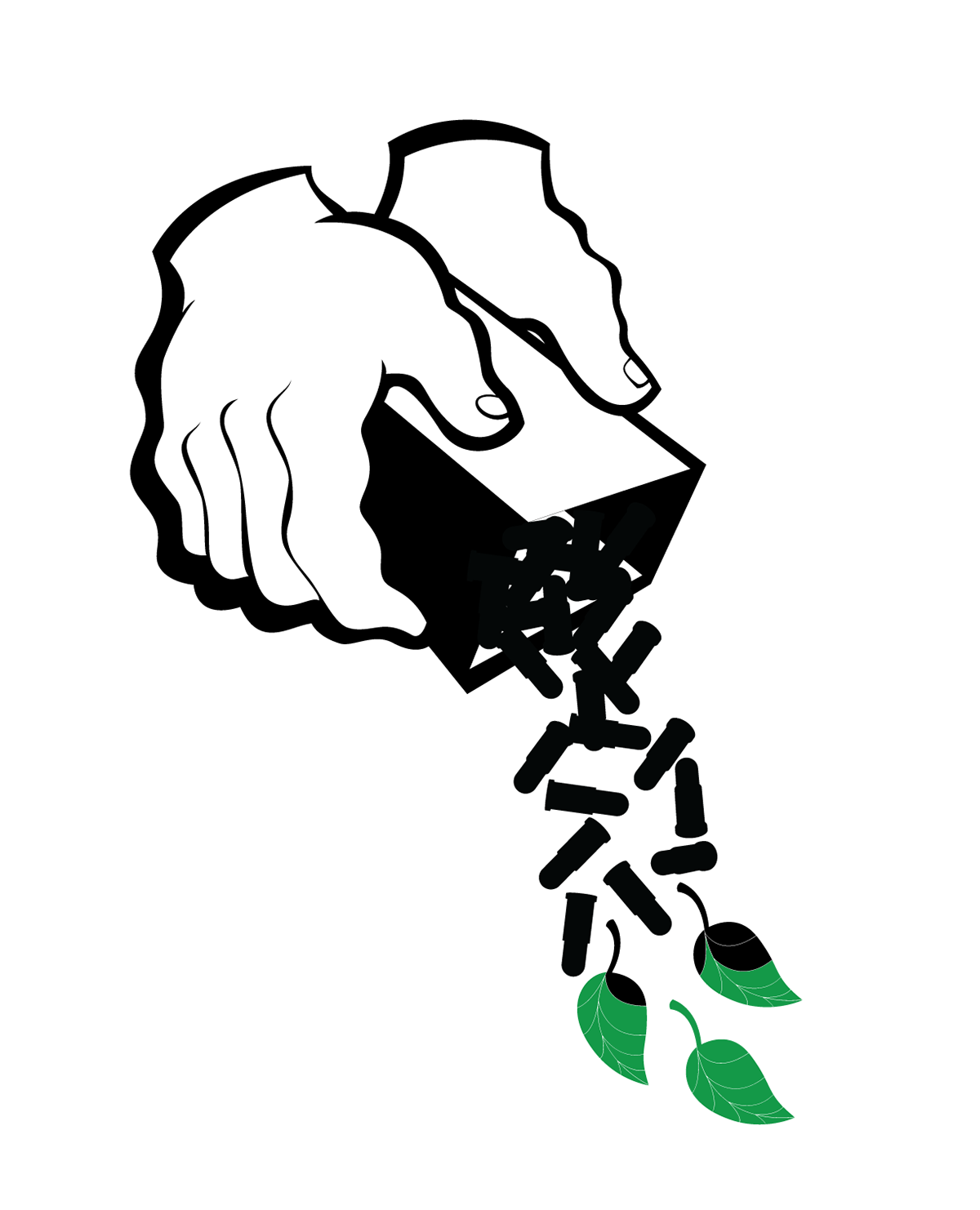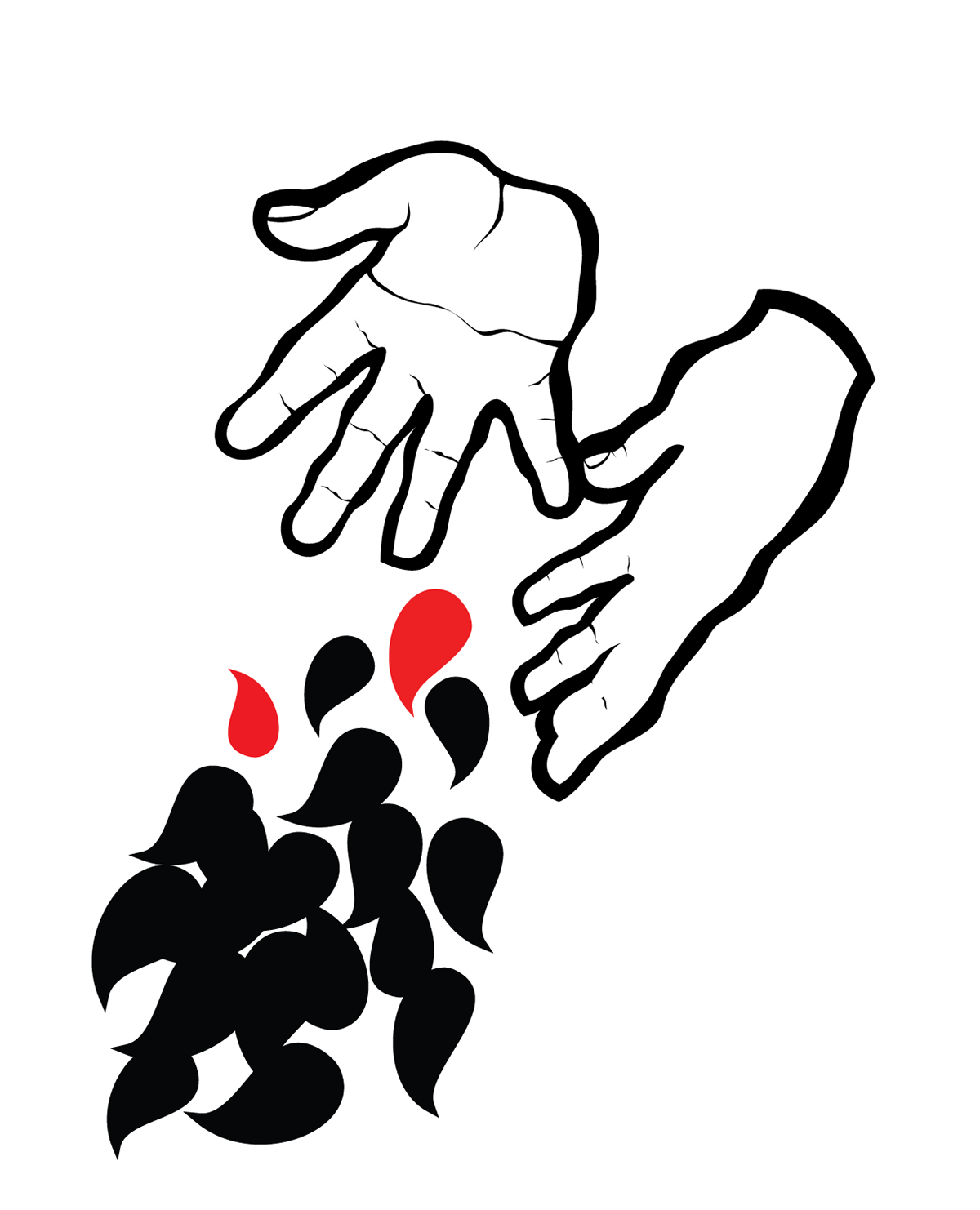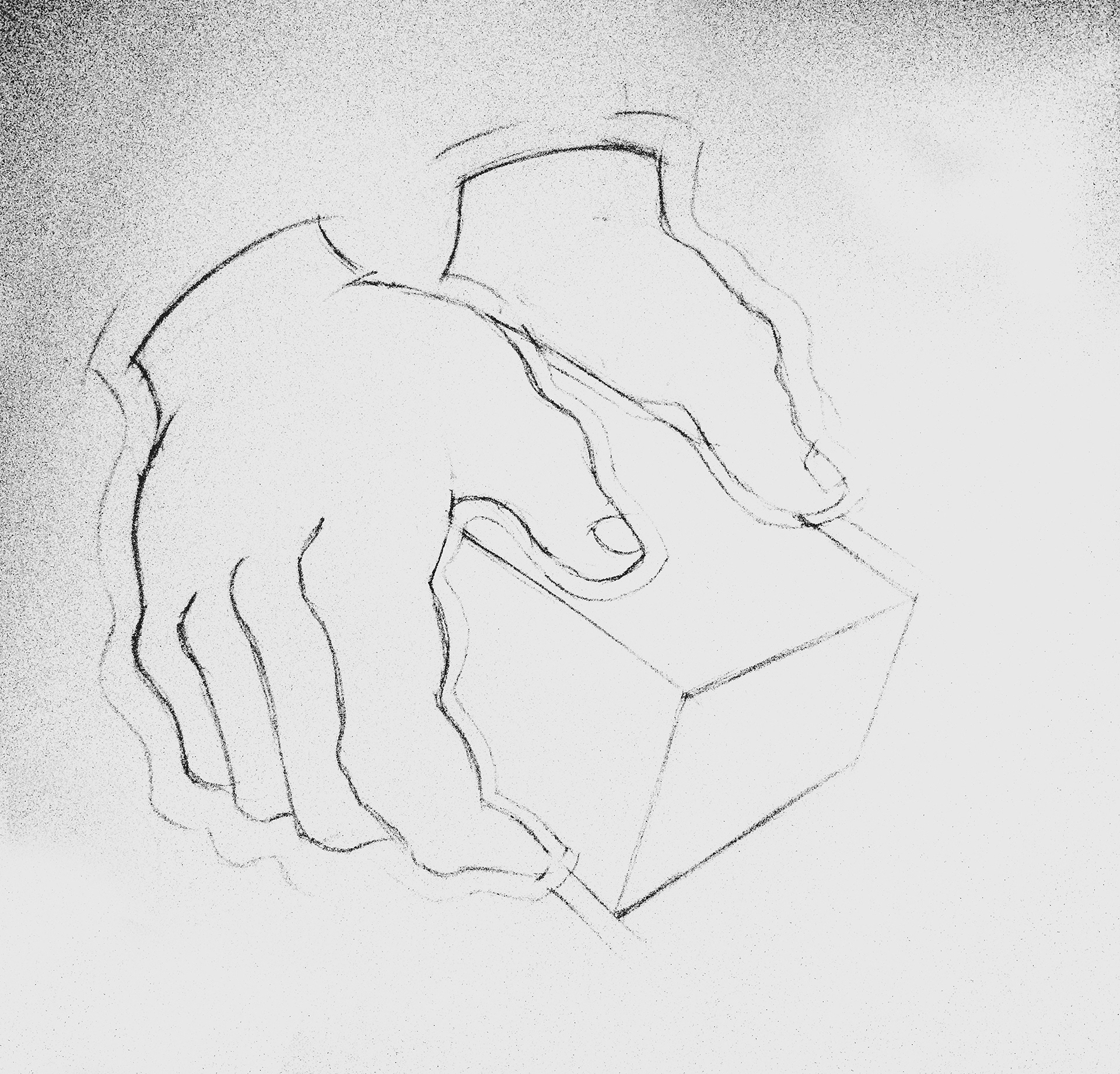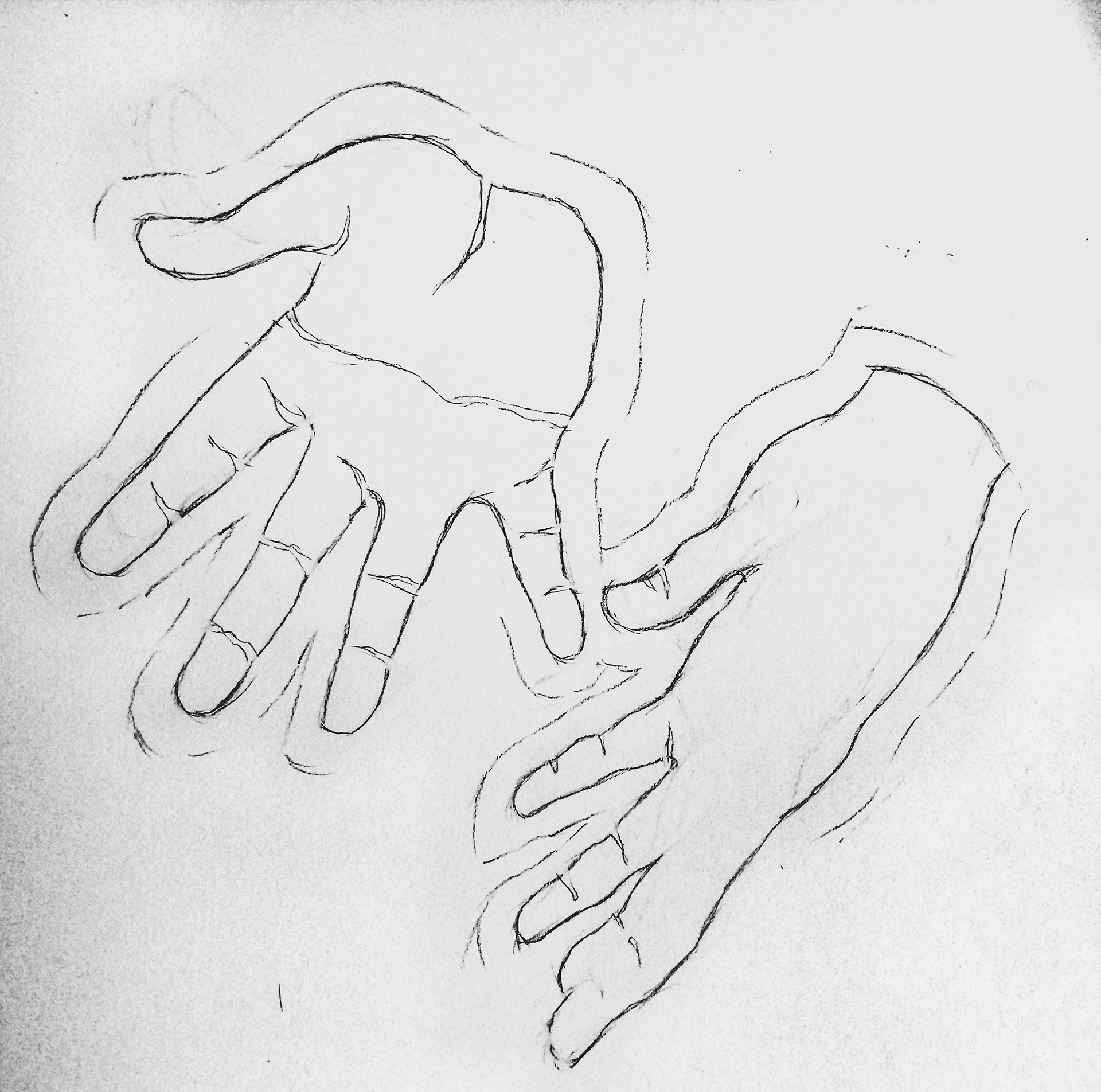Here and Now: Printmaking and the Political Present
Here and Now: Printmaking and the Political Present was an exhibition of prints by Memphis-based artists exploring contemporary social issues. Artist and Master Printmaker Maritza Davila lead artists in a two-part workshop discussing the issues that matter to them and producing prints. The resulting prints were exhibited in the Fogelman Galleries from October 5 – November 9, 2018.
The Here and Now: Printmaking and the Political Present exhibition was curated by Patricia Daigle, Visiting Assistant Professor of Art History and Director of the Martha and Robert Fogelman Galleries of Contemporary Art, University of Memphis.
The Here and Now: Printmaking and the Political Present exhibition was curated by Patricia Daigle, Visiting Assistant Professor of Art History and Director of the Martha and Robert Fogelman Galleries of Contemporary Art, University of Memphis.
The exhibition will run concurrently with the exhibition Freedom of the Press: Posters from Progressive Print Shops, 1960s-1990s organized by the Center for the Study of Political Graphics in Los Angeles.
"A History of Strange Fruit"
Screen Print on Paper and Acrylic paint
22 x 30, 2018
Screen Print on Paper and Acrylic paint
22 x 30, 2018
"A History of Strange Fruit" is a narrative that I've worked with the last couple of years, taken from the Billy Holiday song "Strange Fruit". The hands releasing the leaves is an act of remorse and intolerance of the racial injustice that has become a constant in today's society. The red leaves represent the blood shed of people of color and the black representing the loss of hope for people who have been deprived their rights as human beings based on their culture or heritage. This is not intended to be an act of acceptance but a statement of awareness, a call to action.
"Giving Life"
Sub title: (Save the People, Save the World)
Screen Print on Paper
22 x 30, 2018
Sub title: (Save the People, Save the World)
Screen Print on Paper
22 x 30, 2018
"Giving Life" reflects the ongoing violence not only in our communities but around the world. The need for food, growth and quality of life should take priority over the manufacturing of more and more weapons of destruction. The morphing of bullet's into leaves represents the number of bullets fired, but as a leaf (or food) could save a life and in turn that life could feed the people. I think the hands are important because they are utilitarian and serve as the tools for both life and death.



